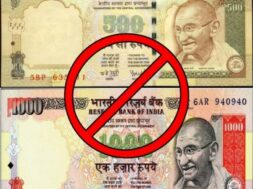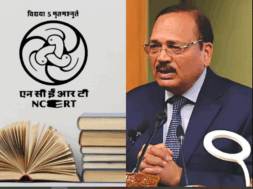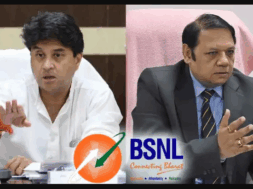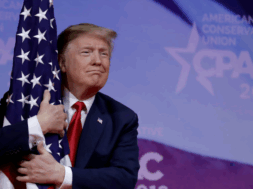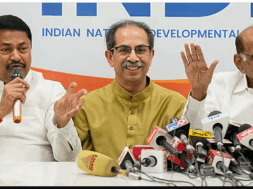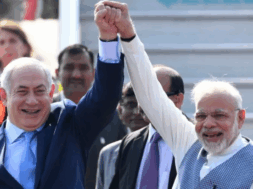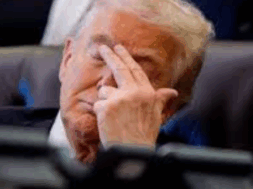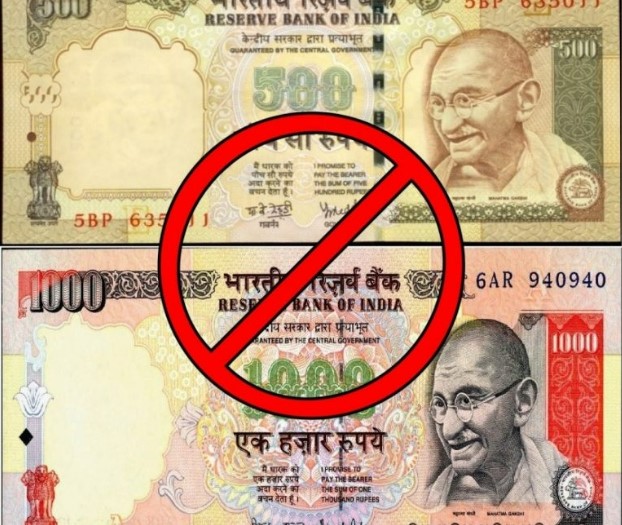
Demonetization: SC’s 4-1 majority upholds govt decision, rejects 58 pleas
Virendra Pandit
New Delhi: In a significant ruling with a 4-1 majority, the Supreme Court on Monday upheld the 2016 decision of the Government of India to demonetize Rs.500 and Rs.1000 currency notes, saying it reflected the executive policy and cannot be reversed.
A five-judge Constitution Bench of the apex court also rejected a slew of 58 petitions challenging demonetization, saying the government’s decision-making process was not flawed.
The judgment, authored by Justice B R Gavai, was agreed to by Justices S. Abdul Nazeer, A. S. Bopanna, and V. Ramasubramanian. However, in her dissenting ruling, Justice B.V. Nagarathna faulted demonetization but did not quash it.
“The 52-day window provided for the exchange of demonetized currency notes with legal tenders is not unreasonable and cannot be extended now,” the majority said, the media reported.
The apex court observed that during the 1978 demonetization, the window for exchanging banned currency notes was only three days, which was extended by another five days.
Mr. Justice Gavai said, prior to announcing the decision, the Narendra Modi Government consulted with the Reserve Bank of India (RBI)for six months, indicating a “reasonable nexus between the measures undertaken and the object sought to be achieved” and, therefore, the demonetization notification passed the test or doctrine of “proportionality”.
The court said the RBI does not have any independent power to bring in demonetization and directed the registry to place the matter before the Chief Justice of India (CJI) for directions and to answer other questions left open in the judgment.
“(The) demonetization decision does not suffer from any legal or constitutional flaws. Petitions can be placed before an appropriate bench by the CJI for deciding issues linked to the main issue relating to the validity of the demonetization process,” the court said.
But Justice Nagarathna differed with the majority judgment, saying it missed the main issue, namely that the RBI should initiate the demonetization process, not the Centre. “As this was reversed in 2016, the demonetization decision was legally flawed,” she said.
She differed from the majority about Section 26(2) of the RBI Act (the Centre can demonetize any series of bank notes of any denomination). “Parliament should have discussed the law on demonetization and it should not have been done by a gazette notification. However, the process was well-intended and its objective was to combat the black money, terror funding, hawala transactions, and other such practices,” she said.
She said the demonetization process was illegal but it cannot be reversed now. It was harsh on the citizens and it should have been done through legislation.
Justice Nagarathna said there was no independent application of mind by the RBI and the policy was brought in solely by the Centre. “Only the RBI’s opinion was sought in the matter,” she added.
On November 8, 2016, Prime Minister Narendra Modi announced a ban on currency notes of Rs 500 and Rs 1,000, stating that it would reduce the use of black money and counterfeit currency.
However, several reports of distress among citizens because of long queues and cash shortages emerged. A total of 58 petitions challenging the demonetization exercise were filed in the apex court, which started hearing on October 12, 2022. The bench had reserved their verdict on December 7.
Earlier, the RBI admitted in its submission that there were “temporary hardships” and that they, too, are an integral part of the nation-building process, but it followed a mechanism to solve the problems that emerged.
The Centre told the Supreme Court that the step was taken after extensive consultations with the RBI and that preparations were made before demonetization was enforced. The exercise was a “well-considered” decision and part of a larger strategy to combat the menace of fake money, terror financing, black money, and tax evasion.
